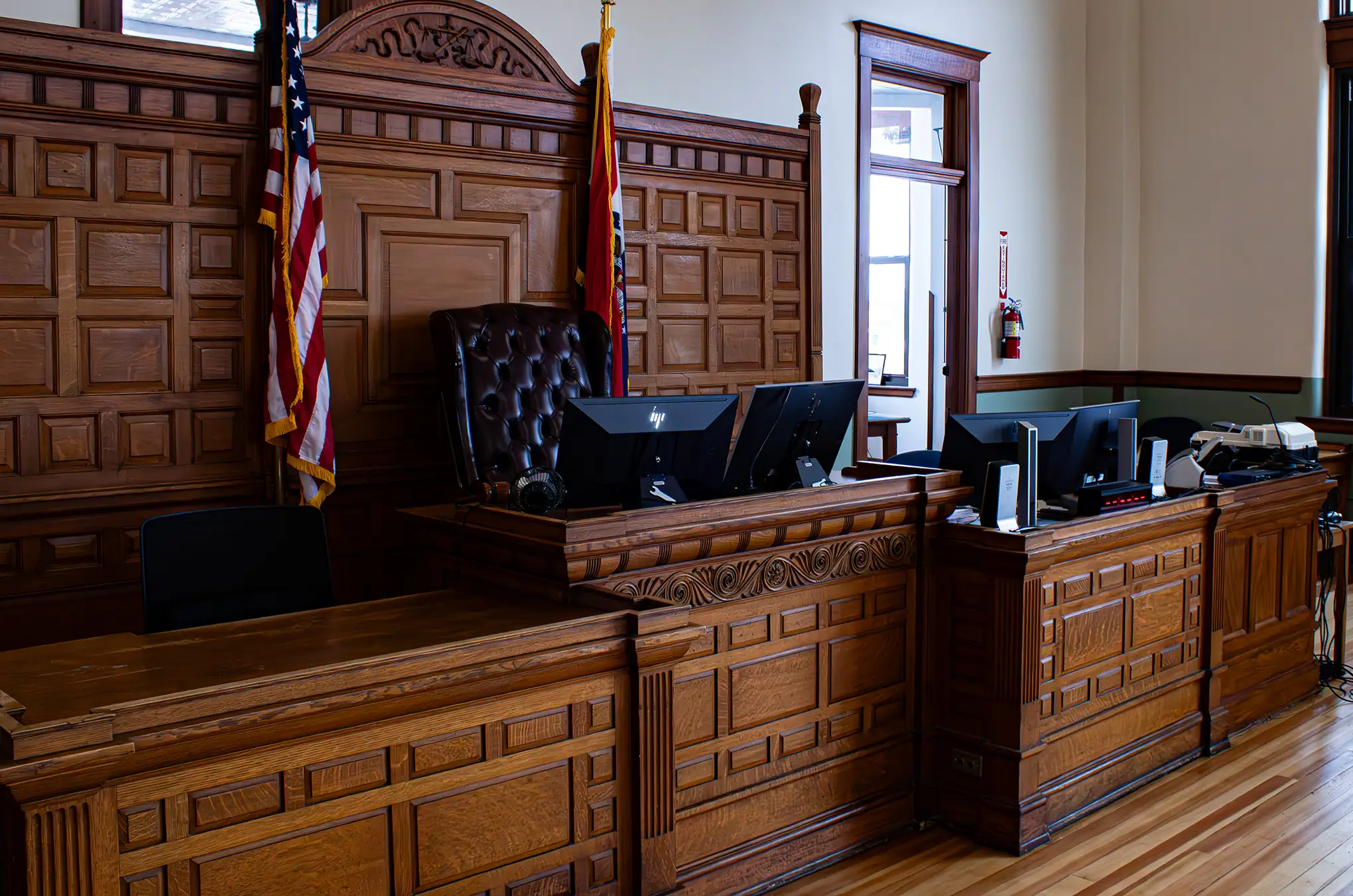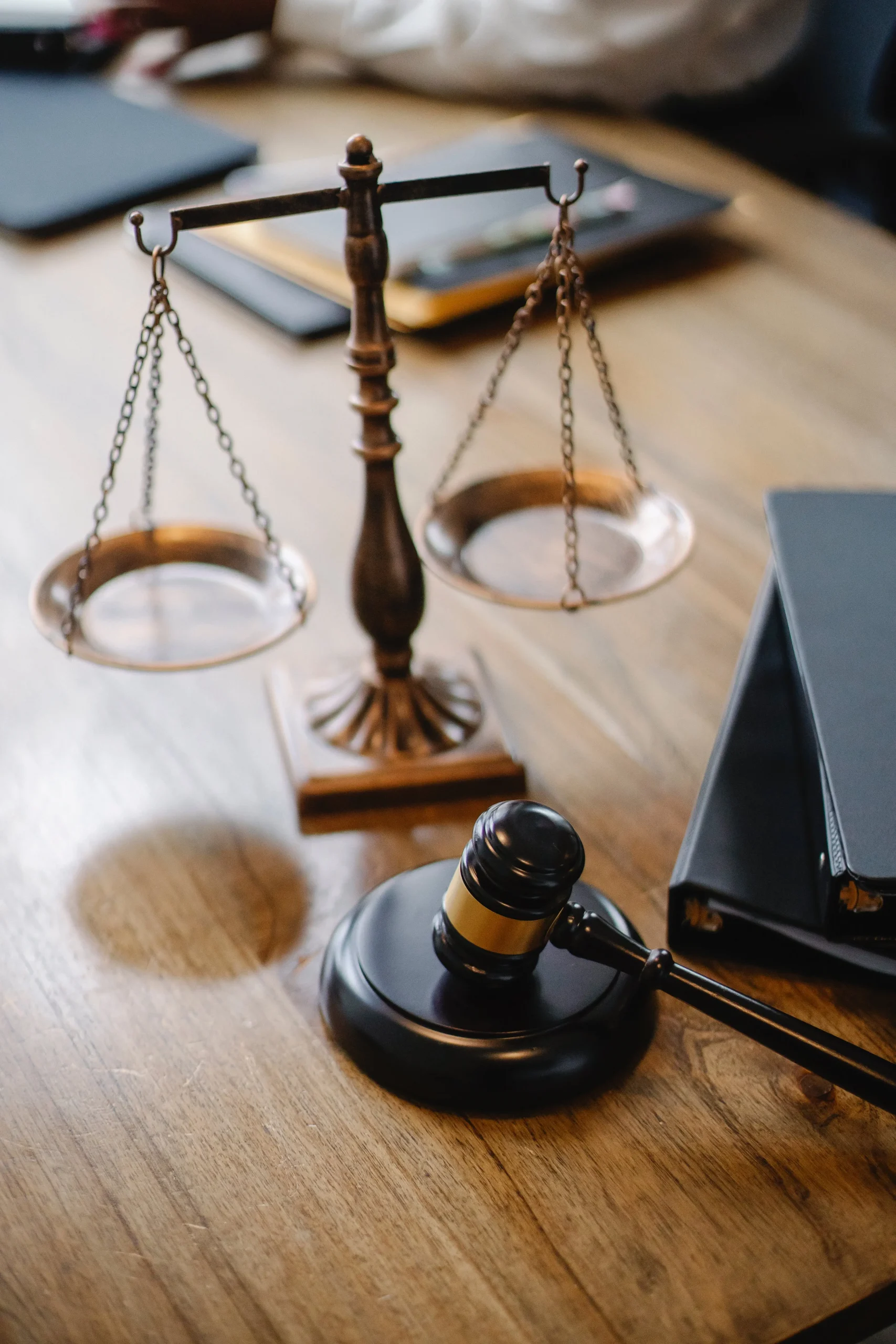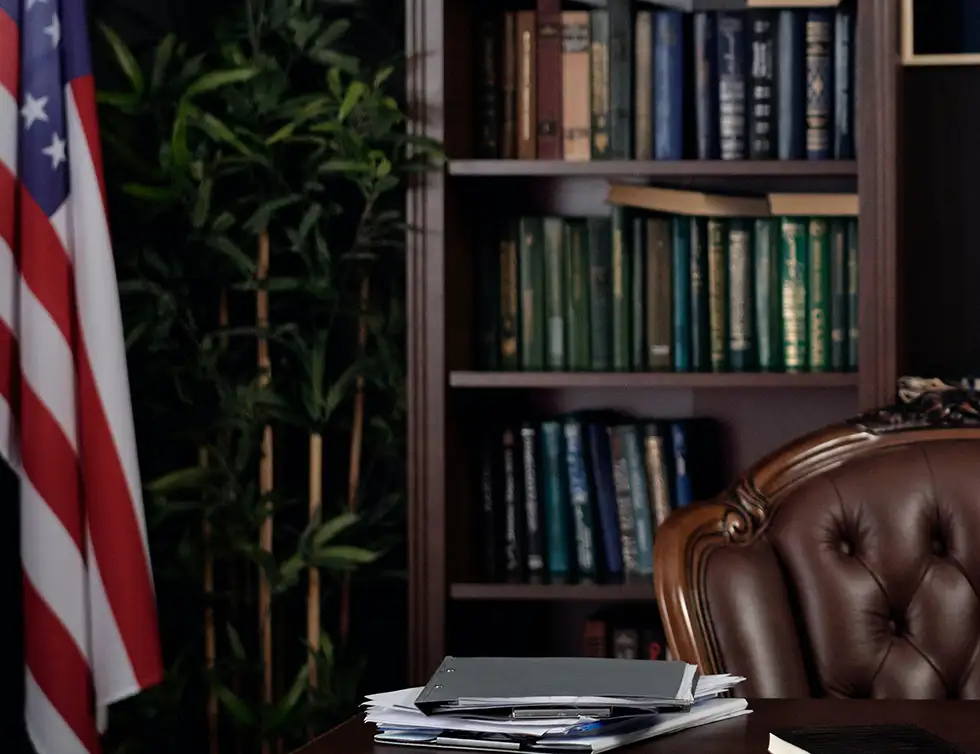
A Long Island Guardianship Attorney You Can Trust
The Law Office of Elsie Acevedo offers legal advice and counsel as a guardianship attorney for clients throughout Long Island, New York. A guardianship is a legal role that is typically appointed by the probate court and grants a person the legal ability to make personal, medical, and financial decisions on behalf of another person. The person appointed to make these decisions referred to as the legal guardian and the person who has the decisions made on their behalf is referred to as the ward.
Have some questions about a guardianship lawyer and their capabilities? We have a helpful FAQ page for you! If you or someone you know needs an attorney to deal with a guardianship issue, please reach out to our law office today.

Contacting Ms. Acevedo
When you reach out, we can provide you with a no-obligation consultation to go over your legal questions. We proudly represent people across Long Island. Our law office is located right in Center Moriches, New York. As a Long Island family lawyer, we provide legal advice and counsel for other issues that fall under family law. This includes:
- divorce
- custody battles
- divorce mediation
- child support
And when you need a family lawyer you can trust, do not hesitate to reach out to Elsie Acevedo, Attorney at Law.
More Information:

What Does a Guardianship Lawyer Do?
When it comes down to the nuts and bolts of the matter, a guardianship lawyer will advise you about the specific type of legal and welfare decisions you may make as a ward’s legal guardian. We can also provide you with guidance regarding all of the legal paperwork that is involved in the process, as well as make sure that you fully understand your legal rights and obligations.
In order to establish legal guardianship, the process begins with a simple court filing. The potential guardian must file a petition with the court, which indicates their intent to obtain guardianship of the ward. Once the petition is filed, then there will be a hearing in a court. This hearing determines whether guardianship is appropriate. And most importantly, the hearing will determine whether or not the guardianship relationship is in the best interests of the child or ward.
So, if you are applying for guardianship, then you will need to gather evidence to present to the court to help in the final decision. As a Long Island guardianship lawyer, we can help in all aspects of the process. This includes determining what sort of evidence can best help your case. Our law office can make sure that all of the legal process for obtaining guardianship is both legal and correct.

Filing a Petition for Guardianship
As an experienced guardianship lawyer, our law office can help you draft up and file a petition for guardianship. Our law office will guide you through the trial process from start to finish, ensuring you are involved and aware of all the steps. This process includes the following:
Once a petition is filed, then the court will grant a hearing in order to determine if the alleged incapacitated person is incompetent and decide who will serve of their guardian.
During the hearing, a judge will listen to the testimony on whether or not the individual can sufficiently manage their own financial and property management needs, as well as any personal or medical needs.
During this process, our law office will explain your rights to you, as well as the duties of the guardian. And we will file the appropriate documents to make sure that the authority of the guardian is no more intrusive than necessary. Our law office can also assist in ensuring that you may participate as fully as possible in the decision-making process. Other aspects revolving a guardian also includes filing documents to challenge a petition for a guardianship.
Types of Guardianship Relationships
There are a few different types of guardianship relationships which may be ordered by a court. Some guardianships grant the guardian full decision-making powers over the ward. Other types of guardianship relationships limit the guardian to only making financial or legal decisions. These different types of guardianships can vary state to state, but here are some of the common types of guardianship relationships.

Full Guardianship
A full guardianship grants the guardian full decision-making powers over the ward in cases where the ward is unable to make any personal, financial, or healthcare decisions.
Limited Guardianship
A limited guardianship is granted by the court when the ward is capable of making some of their own decisions about their personal care, but need assistance from a guardian when making some more difficult decisions, such as with finances, healthcare and various life changes.
Co-Guardianship
A co-guardianship is granted by the court when the court appoints two guardians who make decisions on the behalf of one ward. A co-guardianship helps to prevent any abuse of power by one of the guardians.
Short-Term or Temporary Guardianships
A short-term or temporary guardianship is granted by the court when the ward is facing an emergency situation or if the ward is temporarily unable to make decisions on their own behalf.
Guardianship of an Estate
With a guardianship of an estate, the guardian is primarily tasked with overseeing, managing, and making financial decision on behalf of the ward.
Guardian Ad Litem
With guardian ad litem, a guardian is appointed by the court to represent the ward’s interests in any legal proceedings.
Guardianship of an Alleged Incapacitated Person
If your adult loved one does not have the appropriate documents in place and requires financial or medical decisions made on her/his behalf, then a guardian must be appointed. The court will grant authority to the guardian that covers the needs of the alleged incapacitated person, either personally, financially, or both.
